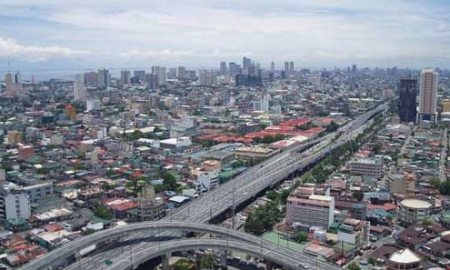Technology is seen as the foundation of future economic development, and by harnessing the creativity and ingenuity of the Filipino people, the government hopes to build new industries, make existing ones more productive, and create more and better-paid jobs. Innovation, it believes, will give rise to new opportunities and offers the potential for unlimited growth.
“We are using science and technology to improve our industries and make them more competitive,” says Mario Montejo, Secretary of Science and Technology.
The National Innovation Strategy – dubbed Filipinnovation – is based on a public-private partnership, spearheaded by the Department of Science and Technology (DOST), IBM, Asian Institute of Management (AIM) Policy Center and the Intellectual Property Office of the Philippines, and involving a host of other stakeholders, including leaders from industry, government, academia, and civil society.
Ultimately, the aim of Filipinnovation is to brand the Philippines as an Asian innovation hub that is distinct from its Asian neighbors but able to compete effectively with them and that strives to match the world’s leading innovation regions, such as North America and Europe.
The vision is of a competitive and multidisciplinary Filipino workforce producing value-added knowledge-based products and services of global standards, and of competitive local firms driven by constant innovations based on research and development.
The government sees its role as being to create an environment in which innovation is encouraged and can flourish, with government, academia, and the private sector working towards a common goal.
Mr. Montejo believes that given such a positive climate Filipino researchers will come up with products, services, and technologies that are competitive. “It is important for us to believe in ourselves,” he says. “We are pursuing things in science that people initially think difficult to achieve, but we are trying to instill the confidence that we can do it.”
He argues that innovation is required in fields as diverse as mass transit, flood monitoring and food control. “We aim to come up with simple solutions that will reduce problems. For example, there is a lack of drinkable water here, so we are introducing a low cost water filter made from clay. It is a very cheap and simple process and by using the filter we aim to reduce the number of those contracting dengue fever.
“By promoting the consumption of brown rice and developing a process to prolong its shelf life, we are trying to address the rice shortage,” he says. “For disaster mitigation, we are installing locally developed auto weather stations, water level sensors and rain gauges.”
A variety of programs have been launched to support the innovation drive, such as the Engineering Research and Development for Technology (ERDT) consortium, involving seven universities, which is aimed at producing a critical mass of engineers with advanced degrees and at promoting research and development as a way of addressing issues of sustainability, health, security and quality of life.
An Open Technology Business Incubator has been established by DOST and the Philippine Economic Zone Authority (PEZA) to promote the growth of technology-based ICT startups, while the Department of Agriculture has launched a program to enhance the delivery of accurate agriculture and fisheries information to assist business development and decision making.

0 COMMENTS